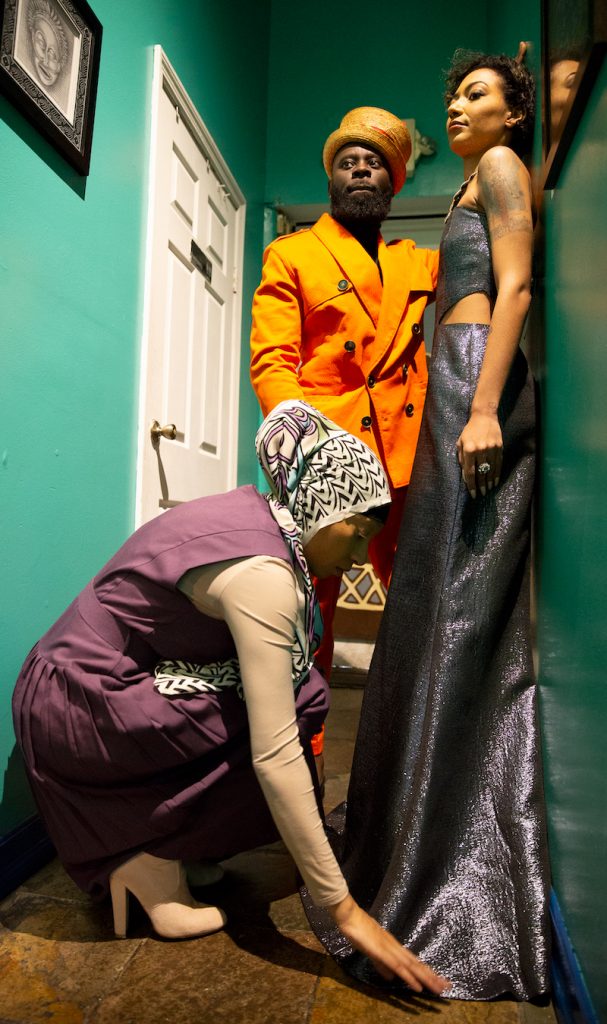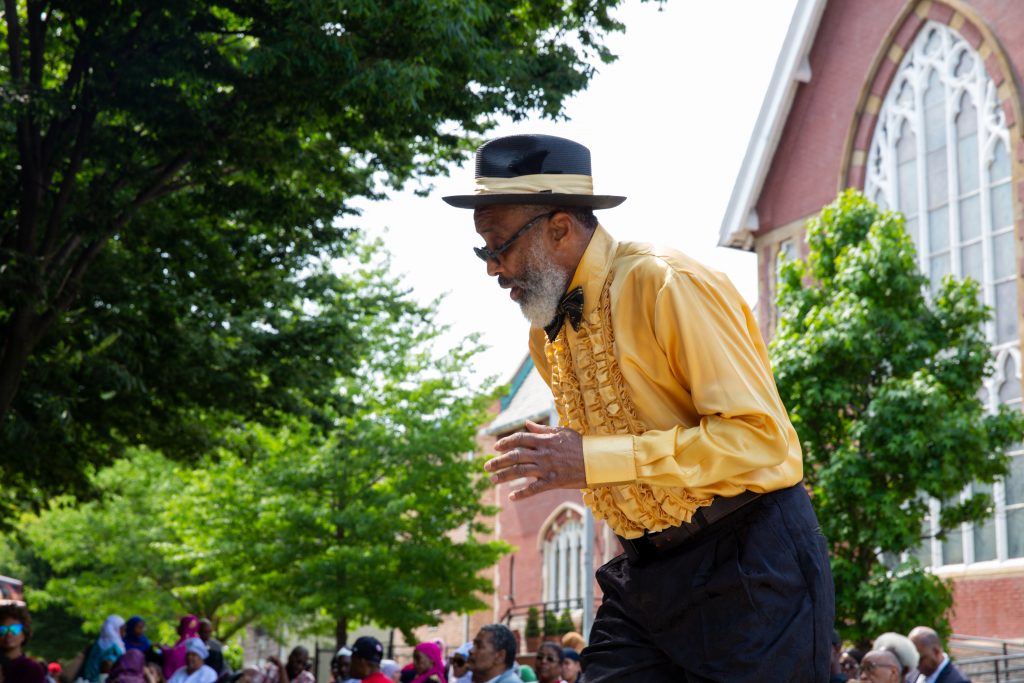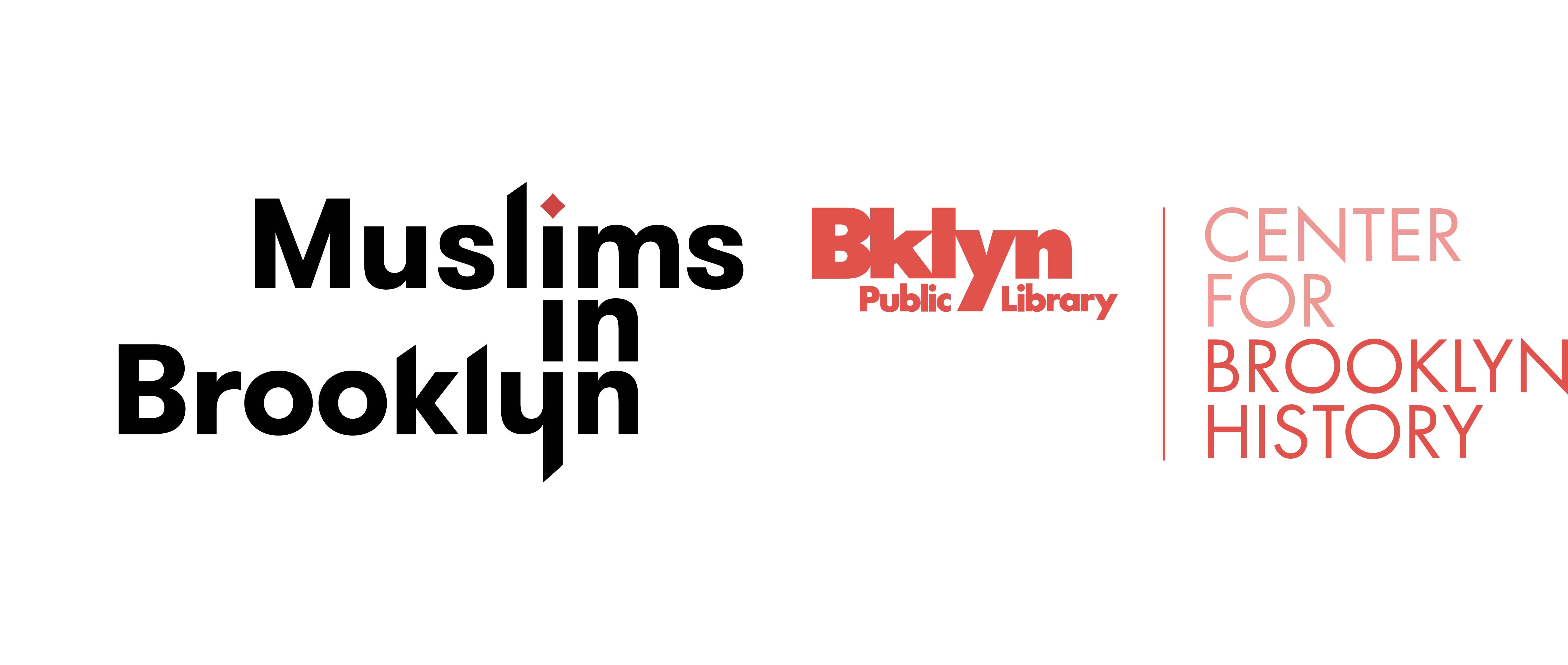We made this website for you.
For well over a century, Muslims have lived, worked, and prayed in Brooklyn, making it a major center of Muslim life for New York City and the nation. Yet a gap in knowledge and understanding exists between many non-Muslim Americans and their fellow Muslim citizens and neighbors, a gap that has led to the marginalization and erasure of Muslim histories, diversity, and experiences from our national life.

By creating accessible learning opportunities through various media formats and experiences, this website seeks to contribute to a significant narrative shift about Muslims not only in Brooklyn but throughout the country. Oral histories provide us greater access to often marginalized or diminished voices, and can be both personally empowering and collectively transformative. Listening affirms narrators’ voices and inspires listeners to tell their own stories; and sharing the listening experience establishes a common frame of reference for cross-cultural and intergenerational communication.
Using oral histories along with historical context and structured activities for educators, this website provides opportunities for us to hear Muslims tell their stories in all their complexity and nuance and creates essential avenues for non-Muslims to understand how those stories relate to and speak to their own experiences, and promotes listening as a tool for greater accountability and openness.

The most compelling stories are often those that are grounded in people’s everyday lives, experienced individually and locally. In 2017, Brooklyn Historical Society launched Muslims in Brooklyn, a three-year, multifaceted public history project designed to amplify the stories of Brooklyn’s Muslim communities and contextualize those stories in the broader history of the borough. For us, it is through the study of Brooklyn’s diverse local histories that we understand our shared national heritage as a multiethnic, multiracial democracy. The borough’s local Muslim histories hold great resonance for national conversations on religious diversity and pluralism.
